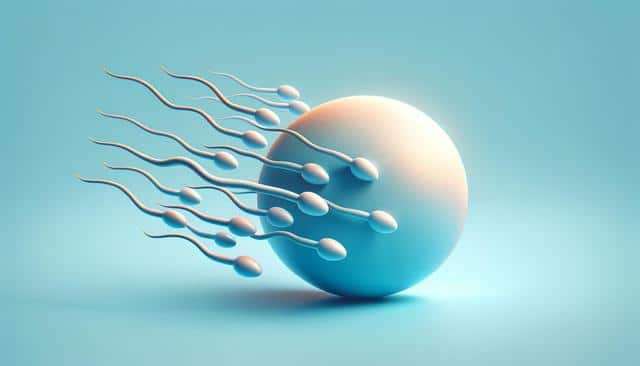Understanding Sperm Donation
Sperm donation is a vital component of reproductive health services, providing hope and opportunities to individuals and couples facing challenges in conceiving naturally. This process involves the careful selection of donors who undergo extensive health screenings to ensure the quality and safety of the donation. The screening process typically includes evaluations for genetic disorders, infectious diseases, and an assessment of the donor’s medical history. Confidentiality is maintained throughout, safeguarding both the donor’s and recipient’s privacy. By donating sperm, individuals contribute significantly to the dreams of many who wish to experience the joys of parenthood.
The Screening Process
The screening process for sperm donation is meticulous and thorough, ensuring that only qualified donors are selected. Potential donors undergo a series of health checks that include:
- Comprehensive medical history review
- Genetic screening for hereditary conditions
- Testing for sexually transmitted infections
- Psychological evaluation to assess motivation and commitment
This rigorous screening ensures that the sperm provided is of exceptional quality, reducing the risk of transmitting medical conditions to offspring and ensuring the health and well-being of future generations.
The Impact on Recipients
For many recipients, sperm donation represents a pathway to fulfilling their dreams of having a family. Individuals and couples who struggle with infertility due to medical conditions, genetic factors, or situational circumstances often turn to sperm donation as a viable solution. The emotional and psychological impact of being able to conceive with the help of sperm donation cannot be understated. It offers hope and opens doors to new possibilities, allowing recipients to experience the profound joy of parenthood and build the families they have long desired.
Legal and Ethical Considerations
Legal and ethical considerations are paramount in the process of sperm donation. Laws and regulations vary by region, but they often address issues such as donor anonymity, parental rights, and the number of offspring a donor can produce. Ethical guidelines ensure that the rights and dignity of donors, recipients, and resulting children are respected and protected. Transparent communication and informed consent are critical components, ensuring that all parties involved are fully aware of their rights and responsibilities.
The Future of Sperm Donation
The future of sperm donation is poised for advancements as science and technology continue to evolve. Developments in genetic screening and reproductive technologies promise increased success rates and more personalized matching between donors and recipients. Moreover, societal attitudes towards sperm donation are becoming more open and accepting, reducing stigma and encouraging more individuals to consider donation. As research progresses, the opportunities for those seeking assistance through sperm donation will expand, offering new hope and possibilities.
Conclusion
Sperm donation plays a crucial role in reproductive medicine, offering a lifeline to those unable to conceive naturally. Through careful screening, ethical practices, and technological advancements, it continues to provide a pathway to parenthood for many. As societal acceptance grows and scientific innovations advance, the future of sperm donation looks promising, ensuring that more individuals and couples can realize their dreams of starting a family.
